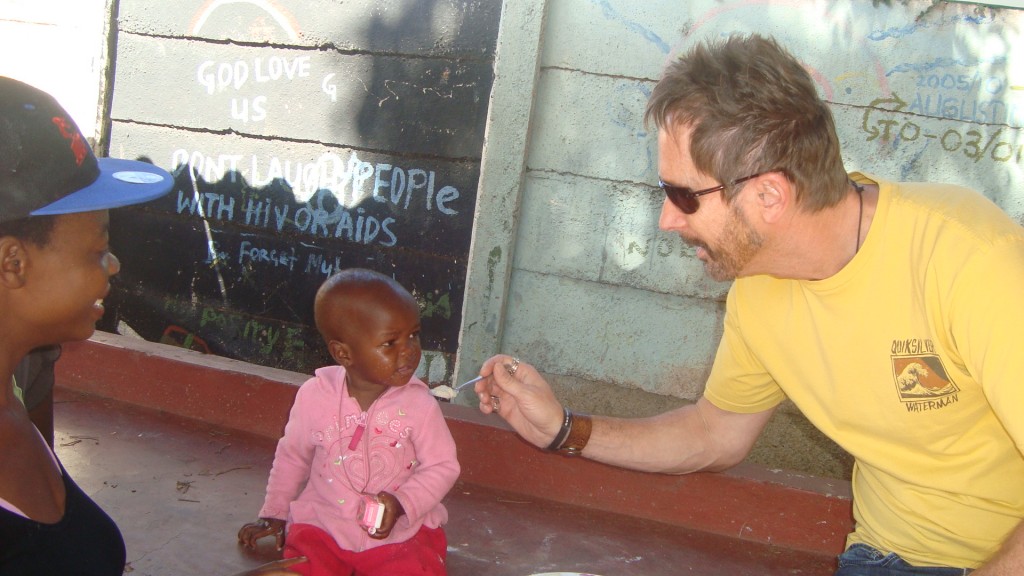Axiom Practices
Explore with us our three shared spiritual practices and Axiom resources.
THE AXIOM COMMUNITY
AXIOM PRACTICE
Daily Moments of Reflection
“Jesus said unto them, “I am the bread of Life. He that comes to me shall not hunger and he that believeth in me shall never thirst.”
John 6:35
Axiom participants are invited to live the flow of encounter and embrace. Crafted by God’s love, each one of us is a unique expression of the Trinity’s love and life, itself a picture of the eternal God’s embrace. We take time each day in encountering God to engage with the One who sustains all life. In such encounters we seek to discover more of the truth and reality of God, ourselves and the world within which we live. We become refreshed and re-energised. Such moments clarify our call and strengthen our resolve in following closely in the footsteps of Jesus. Embraced by The Lord, we return to incarnate, or ‘flesh out’ the reality of love’s embrace throughout the earth.
The only way God was able to communicate his love to humanity was itself through an act of incarnation. Stepping from his eternal encounter and embrace within the Trinity, Jesus literally squeezed himself into the body of a man, and chose freely to live among us. At first hand women and men, old and young, poor and rich, encountered the very reality of God in person. Eventually executed for no greater crime than loving people, Jesus’ arms were stretched out upon a crude wooden gibbet in readiness to embrace a lost and broken humanity, including both you and me.
In like manner we are now invited and commissioned to return from that Divine embrace, our daily moments of encounter, and live out a life of love in the service of others, Emancipating those oppressed by circumstances beyond their immediate control, and through such acts of service extend God’s embrace to those living at the margins of our society, be they down the street or around the world.
Thoughts from Dr. Micha Jazz
“The heart of God is an open wound of Love. He aches over our distance and preoccupation. He mourns that we do not spend time with Him. He weeps over our obsession with much-ness and many-ness. He longs for our presence.”
– Richard Foster
Application
One possibility
Morning wake-up:
Immediate prayer of surrender
Silently envision Christ
Pray for your day, etc.
Before bed:
Meditate and pray scripture
Thank the Father for the graces of the day
Pray for those you encountered throughout your day
Another Option
30 minute prayer model:
Worship
Confession and repentance
Petition and requests
Friendship time
Intercession for others
Thanksgiving and worship
This practice is expounded on in the Axiom introduction E-book.
Resources
AXIOM PRACTICE
Weekly Eucharist/Communion
(Observed each Wednesday) – John 6:50-58
“. . . and they devoted themselves to the breaking of bread and to prayers. And AWE came upon every soul.”
Acts 2: 42,43
What do the movies like “Braveheart,” “Gladiator,” and “The Last Samurai” have in common? They all have awe inspiring moments of extreme acts of honor that hold us spellbound; honor for love of country, or the love of a woman and family. They call out to an appetite in all of us to extend extravagant honor to what is most worthy of our time, attention and lives. However if you’re anything like me there’s plenty of other things that war for the affections of my heart that are not even worth my acknowledgment, but sometimes still get it. Therefore can we recapture a profound act of honor, uttered from the lips of Jesus the night before He died, in a culture intoxicated with all things temporary and trivial? Can we find this act worthy of our time in our often busy, cluttered lives?
Our need for the Eucharist
What do we do when we feel inadequate to cope with the complexities and ambiguities of our lives and our loves? What do we do when we need power from beyond us to bring about a love, a wholeness and a peace which we cannot give ourselves? We can touch the hem of Christ’s garment. We can celebrate the Eucharist. In it we are inexplicably given peace and strength because in that ritual God holds us to His heart.
“Like love, the Eucharist does not need to be fully understood or explained, it needs only to be touched. In the Eucharist, as in love, the main thing is that we are held”.
– Ronald Rolheiser
The scriptural story of the woman who touched the hem of Christ’s garment provides a paradigm for this. That woman, we are told, had been suffering from internal bleeding for many years. During those years she had tried everything within her power to come to healing. Nothing had worked. All her efforts had served only to worsen her state and leave her fatigued and discouraged. Finally, with her own resources spent and all that was humanly in view exhausted, she decided she would sneak up and touch Christ. A she touched Him, she felt power flow into her. She became whole.
True Communion is to touch and be touched by God. There is an embrace that far exceeds what can be explained biologically or psychologically. Power is transmitted through love that goes beyond rational understanding.
That is why after Jesus spent all His words, He left us the Eucharist. That is why after we have spent all our words, we should celebrate the Eucharist. When our words, decisions and actions are inadequate to relieve the aching in our hearts, we need the embrace of our Father, and friend who is God. This happens in Holy Communion.
Thoughts on the Eucharist by Dr. Micha Jazz
Eucharist is a Greek word meaning thanksgiving. It offers us the chance to celebrate the meal Jesus requested we keep in memory of the final time he ate with his disciples before his crucifixion and resurrection. It symbolizes the place of healing and recovery for humanity, providing a place of reflection, confession, restoration, and future hope. We become what we eat and grow in that divine love that inspires acts of service in the the relief of suffering.
The Eucharist is…us being there together breaking bread and recognising the life of Jesus and the spirit that works within our community at the Eucharistic table; there’s a connectedness with the table of hospitality. Look, it’s our nourishment, it’s where we gain our energy from. People themselves nourish each other they draw strength from one another and…It just seems to be what connects us together.’ – Mary Ann Howell
Catholics will celebrate the Mass each week and so this is their weekly Eucharist. However, many Non Conformist churches don’t and often meet informally, usually midweek on a Wednesday, for a brief celebration of the communion meal. This does not exclude Catholics, however they may choose not to participate in the actual communion. Communion draws people together in remembering Christ’s death and resurrection. It’s an opportunity to read scripture together, share stories and engage in meditation and prayer for others.
‘But the final word is love. At times it has been a harsh and dreadful thing and our very faith has been tried through fire. We cannot know God unless we love each other and to love him we must know each other. We know him in the breaking of the bread and we know each other in the breaking of the bread and we are not alone any more. Heaven is a banquet and life is a banquet too, even with a crust, when there is companionship.’ – Dorothy Day
Prayer of Commitment
“Oh Lord, ever ancient, ever new—we commit to walk this path together with the scars and wounds of our Lord forever before our eyes. Your marks are visible to us through the power of Holy Communion. We long to imaginatively behold you, and in our neediness to be touched by You.”
Resources
AXIOM PRACTICE
Weekly Acts of Service
“As the body without the spirit is dead, so faith without deeds is dead.”

Axiom Participants are encouraged to invest a minimum of three hours a week into acts of service for our neighborhoods and local communities.
Such acts of service are broadly defined (see suggestions in the Application section), and Participants are invited to record their journey and their learning through such acts. These acts of service are the foundation for the reality of walking with God, who invites us to become the willing servant of all. Indeed, little would be known of the character of God outside the life and physical manifestation of the Divine in Jesus Christ during his earthly pilgrimage; therefore, as contemplative activists, we need to demonstrate the reality of the gospel in this way. Given our own ability to live forgetful of our good intentions and to avoid a privatized spirituality, we encourage this minimum number of hours per week to ensure that our commitment is visibly and tangibly gifted into the world Christ died to serve and to save. (Realizing that a number of Axiom Participants are full-time Christian workers, the challenge here is to consider, “Is our service influencing, in a tangible way, the neighborhoods in which we reside?”)
Application
These acts of service might include:
- supporting food pantries and soup kitchens,
- cleaning homes and landscaping yards for the elderly,
- environmental services such as picking up trash in city parks and on the streets,
- urban gardens, landscaping public places,
- teaching English to those for whom it is not their first language,
- reading to children and others in hospitals,
- serving the physically and mentally handicapped,
- serving neighborhood and city volunteer programs,
- prison visitations,
- befriending someone who has a debilitating disease,
- training and volunteering as a community mediator,
- running youth activities, etc.


